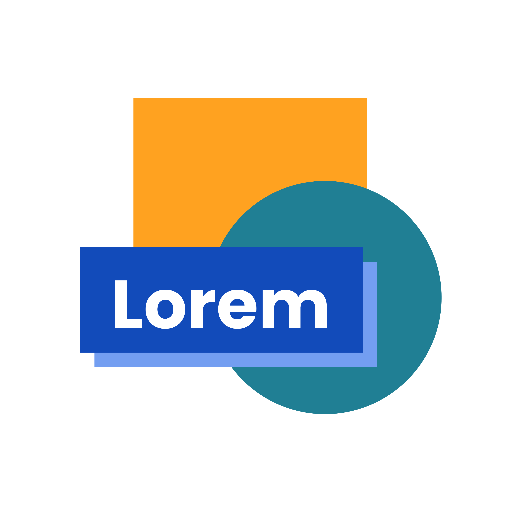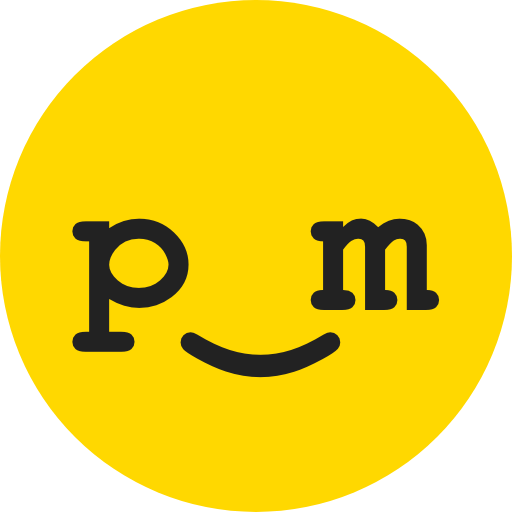Chemical Process Control Tutor-chemical process control tutoring tool
AI-powered guidance for mastering process control.
Explain feedback control in chemical engineering.
What are transfer functions?
How does instrumentation work in process control?
Define system responses in chemical process control.
Related Tools
Load More
Chemistry Tutor
Advanced & engaging chemistry tutor, tailored for students.

ChemistryGPT
Your go-to source for all things chemistry

Advanced Physical Chemistry Tutor
Tutor for graduate-level physical chemistry.

Chemical Engineering GPT
Assists with chemical engineering topics, from basics to advanced.

Chemical Engineering Design Tutor
Specialized tutor in Chemical Engineering Design for upper division and graduate students.

Chem Coach
AP Chemistry Tutor with Real-Life Examples
20.0 / 5 (200 votes)
Introduction to Chemical Process Control Tutor
The Chemical Process Control Tutor is designed to serve as a detailed and interactive educational tool for students and professionals in the field of chemical engineering. Its core function is to provide clear, in-depth explanations of complex concepts related to process control, including feedback systems, transfer functions, stability analysis, instrumentation, and advanced control strategies. The tutor is equipped to handle questions from both theoretical and practical perspectives, enabling users to not only understand control theory but also apply it to real-world chemical processes. For instance, when dealing with the design of a proportional-integral-derivative (PID) controller for a heat exchanger, the tutor can guide the user through the mathematical modeling, transfer function derivation, and stability analysis. By doing so, it helps students understand not just the theoretical aspects but also the practical design considerations in process control. This makes it a versatile resource for academic study, research, and industry application.

Key Functions of Chemical Process Control Tutor
Detailed Conceptual Explanations
Example
Explaining PID controllers, their tuning methods (such as Ziegler-Nichols or Cohen-Coon), and the impact of each parameter (proportional gain, integral time, and derivative time) on system stability and performance.
Scenario
A student preparing for a final exam needs to understand how the derivative action in a PID controller can help reduce overshoot in a temperature control system. The tutor explains the role of each control term, the concept of controller tuning, and how these affect the closed-loop response.
Step-by-Step Problem Solving
Example
Guiding a user through the calculation of a transfer function for a first-order process with time delay (FOPDT) model of a chemical reactor.
Scenario
An engineer working on a real-world distillation column needs to model the dynamic response of the system for control purposes. The tutor walks them through the mathematical derivation, explains the physical meaning behind each step, and ensures the engineer understands how the transfer function represents the process dynamics.
Stability and Control System Analysis
Example
Performing a Root Locus analysis to determine system stability as controller parameters are varied.
Scenario
A graduate student working on their thesis needs to assess the stability of a chemical process when using different feedback control strategies. The tutor helps them use Root Locus, Bode plots, and Nyquist criteria to analyze how system stability changes with different control gain values.
Ideal Users of Chemical Process Control Tutor
Upper-Division Chemical Engineering Students
These students are typically in their third or fourth year of study and are encountering advanced topics in process control, such as dynamic modeling, control loop tuning, and stability analysis. The tutor helps them break down complex theoretical concepts into manageable parts, provides examples, and assists with problem-solving. Students at this level can benefit from detailed explanations of feedback control systems, Laplace transforms, and the design of control strategies for chemical reactors and distillation columns.
Graduate Students and Researchers
Graduate students and researchers in chemical engineering often work on projects that involve the development of new control strategies or the optimization of existing systems. They require a deeper understanding of process dynamics, non-linear systems, multivariable control, and modern control techniques. The tutor can assist by providing advanced insights into these areas, helping them understand cutting-edge methods like model predictive control (MPC), robust control, and nonlinear dynamics. The detailed mathematical modeling guidance is particularly valuable for this group.

Guidelines for Using Chemical Process Control Tutor
Step 1
Visit aichatonline.org for a free trial without login, also no need for ChatGPT Plus.
Step 2
Familiarize yourself with key concepts in chemical process control, such as transfer functions, feedback loops, system stability, and instrumentation to get the most out of the tutor’s responses.
Step 3
Prepare specific questions or areas of difficulty within topics like control theory, PID tuning, dynamic responses, or process simulations to get in-depth, tailored explanations.
Step 4
Leverage the detailed step-by-step guidance provided in the tutor’s answers to practice solving chemical process control problems, reinforcing theory with practical application.
Step 5
For optimal learning, use the tool consistently as a supplement to lectures, textbooks, or during project work for continuous, interactive learning and concept reinforcement.
Try other advanced and practical GPTs
AI Detector
Detect AI-generated text with precision.

Swift Code Refactoring: Enhance with Elegance
AI-powered Swift code refinement tool

Hugin | Finds your answer by reasoning
AI-powered reasoning for in-depth answers.

Medical AI
AI-Powered Medical Insights

One Word Domains
AI-powered domain name generator

Obi
AI-driven solutions for creativity and problem-solving

Astrology Birth Chart Analyst
AI-Powered Astrological Insights

Shortcuts -Thousands of Shortcuts for Productivity
Accelerate Your Workflow with AI Shortcuts

BLUEPIC - Graphic Designer
AI-powered custom graphic creation

Image to Excel GPT (XLSX from Photo GPT)
AI-Powered Image to Excel Conversion

Product Manager
AI-powered tool for smarter product decisions

ID My Pill
AI-powered pill identification made simple.

- Problem Solving
- Exam Preparation
- Concept Review
- Project Support
- Advanced Theory
Q&A about Chemical Process Control Tutor
What kind of topics can Chemical Process Control Tutor help with?
It can assist with a wide range of chemical process control topics, including transfer functions, control loops, feedback systems, PID tuning, stability analysis, dynamic system responses, and control theory applications in real-world process systems.
Can Chemical Process Control Tutor help me solve complex process control problems?
Yes, it offers detailed, step-by-step guidance to help you understand and solve complex problems in process control, including practical scenarios and advanced concepts such as stability margins, time-domain and frequency-domain analysis, and tuning of controllers.
Is the tool suitable for both undergraduate and graduate students?
Absolutely. The tutor is designed to assist both upper-division undergraduate and graduate students. It covers a broad spectrum of difficulty levels, providing simplified explanations for basic topics and deeper insights for more advanced areas.
Can this tool help with practical applications, like tuning a PID controller?
Yes, Chemical Process Control Tutor provides a clear understanding of PID tuning methods, explains the Ziegler-Nichols method, and helps simulate the effects of tuning on system stability and response time, making it valuable for both theoretical and practical learning.
How does this tool compare to using textbooks or lectures?
Unlike static resources, this tool offers an interactive experience where students can ask specific questions, receive immediate feedback, and delve into particular areas of interest in a personalized way, complementing traditional textbooks and lectures.